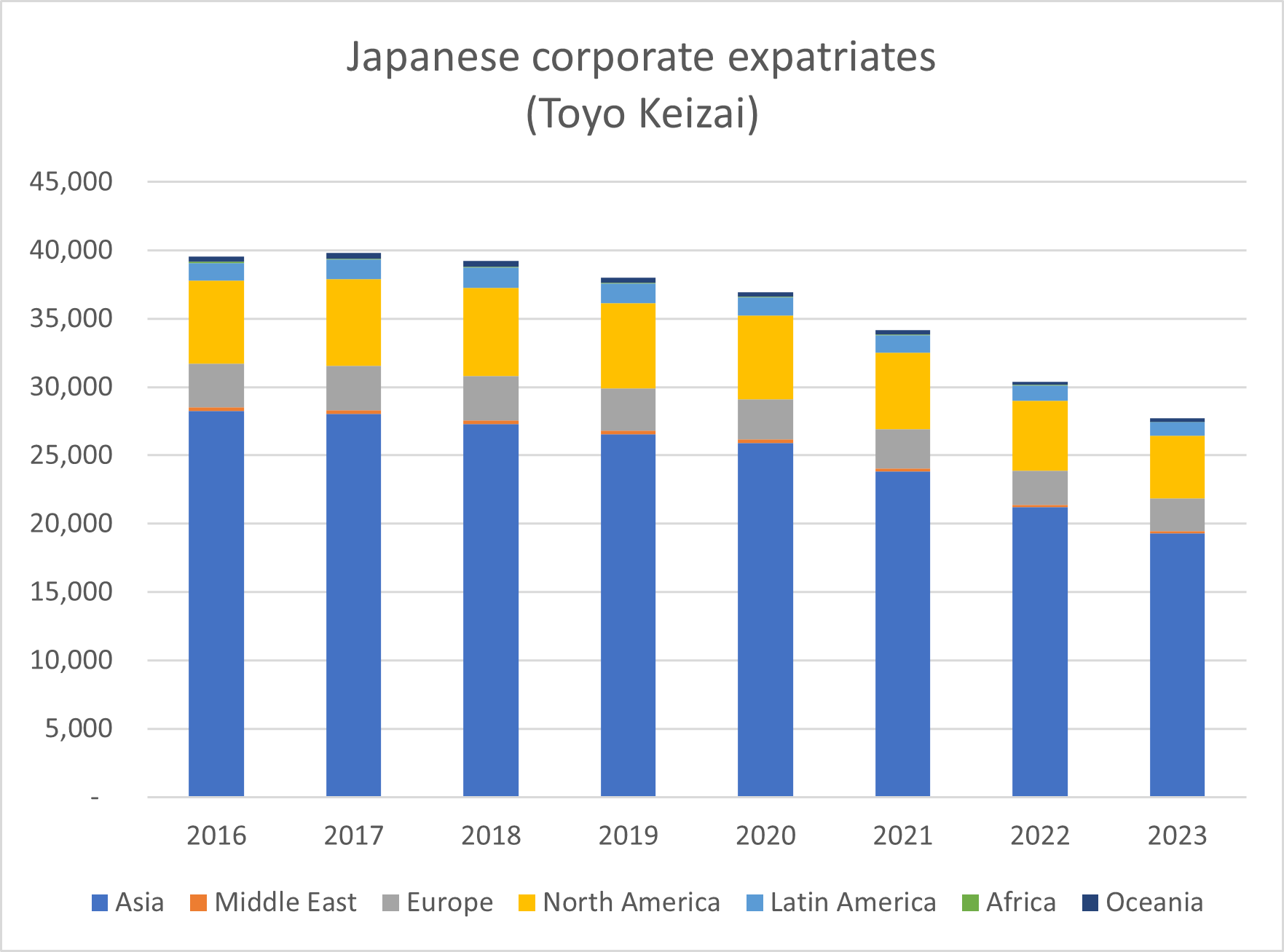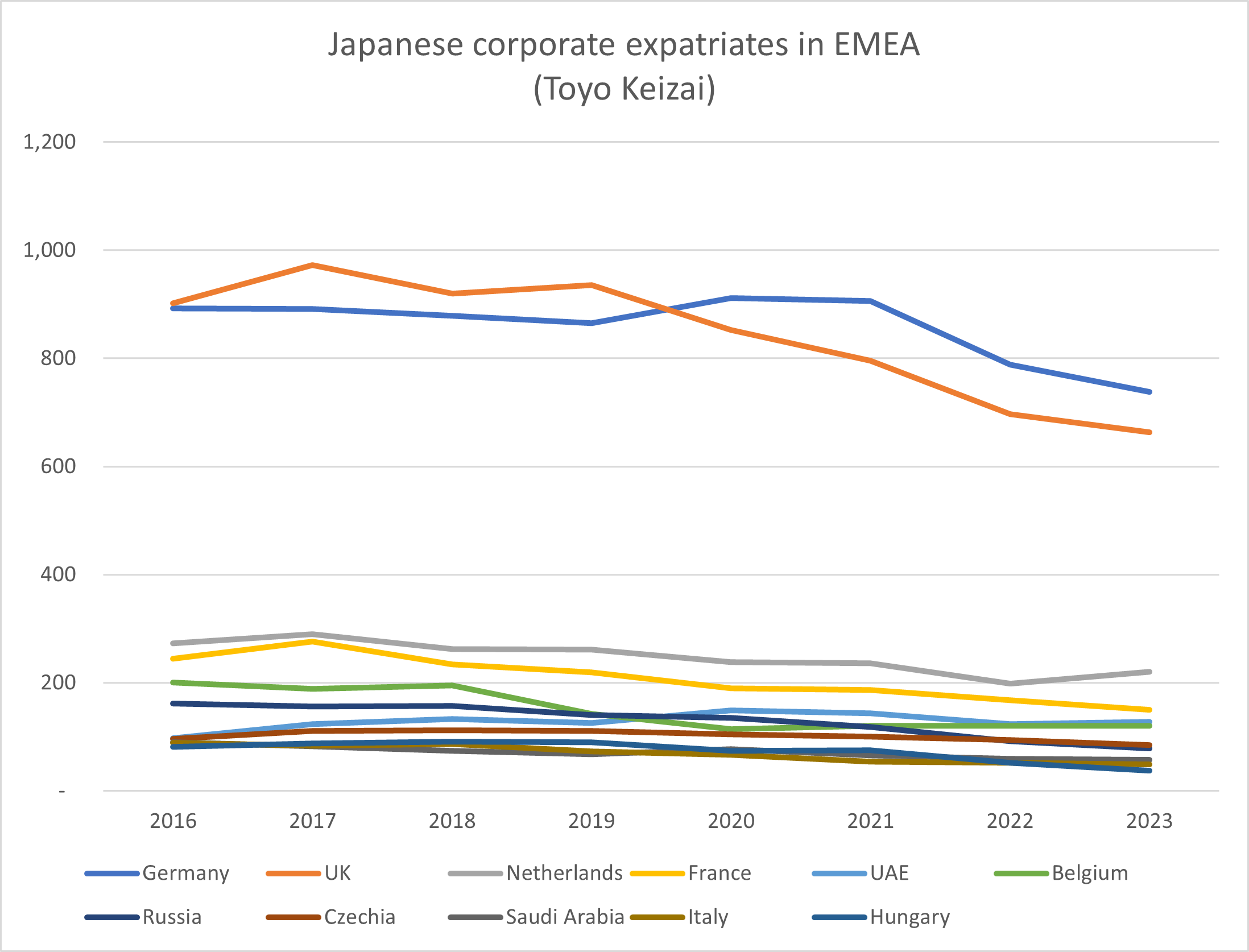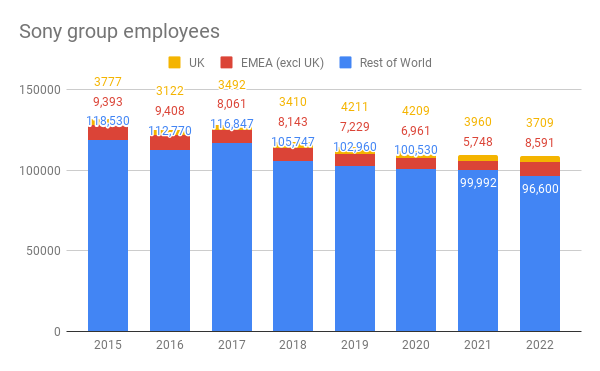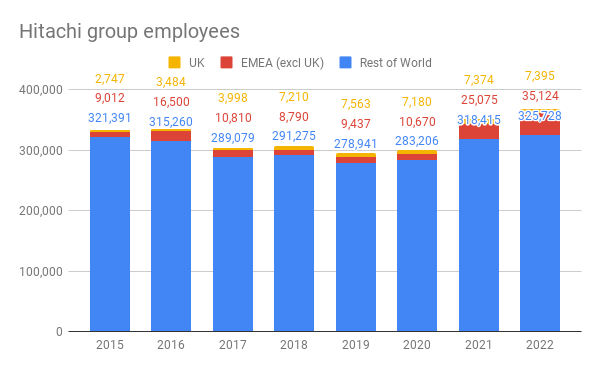Does Japan really have CXOs?
I started a new project last year, delivering online training on B2B services marketing to Japan based employees of a Japanese IT company. It has been challenging in many ways, not least of which is that I have to get up very early, in order to deliver the modules within Japanese working hours.
I have worked in B2B services most of my career – in Japanese, British and American companies, in both marketing and sales functions. So delivering this course is a natural fit for me, but it has also made me more aware than before of the big gap between Japanese sales and marketing approaches and Western methods. Western methods in turn are mainly influenced by American practices, and as is often the case, Americans tend to assume that their practices are the global standard, much to Europeans’ irritation. Nonetheless, particularly in an industry like IT, American suppliers are so dominant, in order to compete with American suppliers it is necessary to understand and use these methodologies.
Behind these methodologies, there are various assumptions which I realise need to be surfaced, and questioned, if they are to be used by Japanese multinationals.
The first assumption is that the target audience within the customer company is the so-called “C suite” or “CXO”. As far as I am aware, job titles such as CEO, CFO, COO and more recently CHRO, CDXO or CRMO were not commonly used a decade or so ago in Japan. There was of course the President, and then various Fukushachou (Executive Vice President), Senmu (Senior Vice President) and Jomu (Managing Director) – and most of them on a very large board. The Jomu in particular were often “in charge” of a particular business or function, so it has been quite easy for Japanese companies to then add a “CXO” title to the Jomu level people.
But I wonder whether this is not just a superficial change. The real meaning of CXO job titles, and why they are the target for B2B services suppliers, is that they are viewed as senior specialists in a particular field, and have the ultimate decision making authority and control of the budget.
In traditional Japanese companies, most of the senior executives would have been generalists throughout their careers – albeit within a particular business or functional area. Westerners are frequently surprised, however, to discover that a Japanese CFO has no accounting or finance qualifications, or takes a passive view of HR or marketing as a support function, not as something which requires a strategic approach. They may have ultimate authority to approve budgets, but much of what they approve has come from a more bottom up, nemawashi and ringi mechanism, rather than a strategy that they have set.
When Japanese suppliers were primarily selling to Japanese multinational customers, global marketing techniques were not needed. But now Japanese multinationals have themselves localised and globalised, so non-Japanese in CXO positions, even in Japan headquarters, have begun to appear. Which is why I expect I will be having to get up early to deliver marketing training to Japanese people for some time to come.
This article by Pernille Rudlin first appeared in Japanese in the Teikoku Databank News in February 2023
For more content like this, subscribe to the free Rudlin Consulting Newsletter. 最新の在欧日系企業の状況については無料の月刊Rudlin Consulting ニューズレターにご登録ください。
Read More LinkedIn
LinkedIn YouTube
YouTube
 Many other Japanese companies may be adopting similar systems, or just relying more on local managers to run things –
Many other Japanese companies may be adopting similar systems, or just relying more on local managers to run things –  Looking at the Toyo Keizai data for individual countries in Europe and the Middle East shows that the only country to show any positive growth in Japanese corporate expatriate numbers since 2016 is the United Arab Emirates. The fall in Japanese expats in the Netherlands (-19%) was not as steep as elsewhere in EMEA (-27% average, -26% for UK, -40% for Belgium ) and seems to be recovering a bit since the pandemic. The number of expats in Germany also fell by only 17% since 2016, having grown and surpassed the UK in 2019/20, but falling steeply since the pandemic began, with no signs of recovery yet.
Looking at the Toyo Keizai data for individual countries in Europe and the Middle East shows that the only country to show any positive growth in Japanese corporate expatriate numbers since 2016 is the United Arab Emirates. The fall in Japanese expats in the Netherlands (-19%) was not as steep as elsewhere in EMEA (-27% average, -26% for UK, -40% for Belgium ) and seems to be recovering a bit since the pandemic. The number of expats in Germany also fell by only 17% since 2016, having grown and surpassed the UK in 2019/20, but falling steeply since the pandemic began, with no signs of recovery yet. .
.